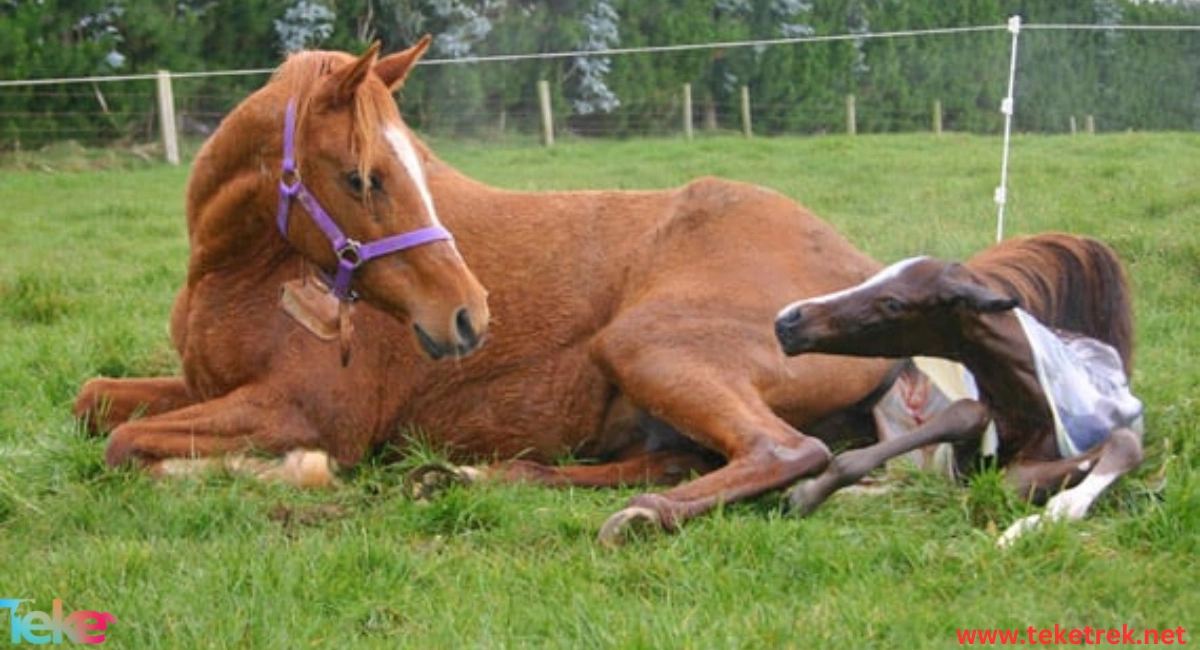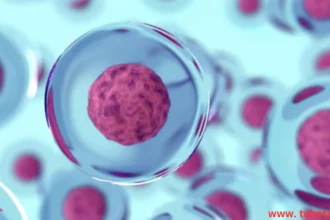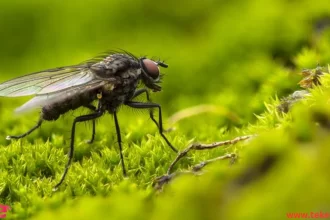Horse breeders are happy when the mother horse becomes pregnant, because it has a small foal after a period of time, as the horse’s pregnancy period is 11 months, equivalent to 340 days, and the mare carries one foal, and gives birth in the spring, but miscarriage of horses after pregnancy is one of the most common problems that many horse breeders suffer from, as it is an emergency case that reveals the loss of the horse fetus before its growth is complete in the mother’s womb, and this miscarriage may occur at any time during pregnancy, starting from the first month until the 300th day of pregnancy, and if the miscarriage occurs after that period, this case is classified as premature birth of a dead fetus, and miscarriage occurs in horses for several reasons that may be environmental, health, psychological or nutritional.
Follow this article with us from teketrek.
What are the causes of miscarriage in horses?
There are various reasons that indicate that miscarriage occurs in horses and the loss of the fetus before its full growth and birth, where the most common causes of miscarriage in horses are as follows:
Genetic and environmental factors that lead to miscarriage
- Insufficient food reaches the mother and fetus due to the small surface area of the placenta, especially in horses with twins.
- Uterine lining changes such as fibrosis around the uterine glands that appear in old mares with multiple births, as this problem leads to the uterus being unable to bear the size of the fetus until the end of the pregnancy period, and thus the mare will be exposed to miscarriage.
- Environmental conditions related to the climate, especially high temperatures, are among the most important factors that cause the mare to suffer from prolapse and urinary tract disorders, and thus miscarriage occurs.
- Miscarriage may occur due to thirst, eating poisonous plants, or lack of healthy nutrition necessary for the mare.
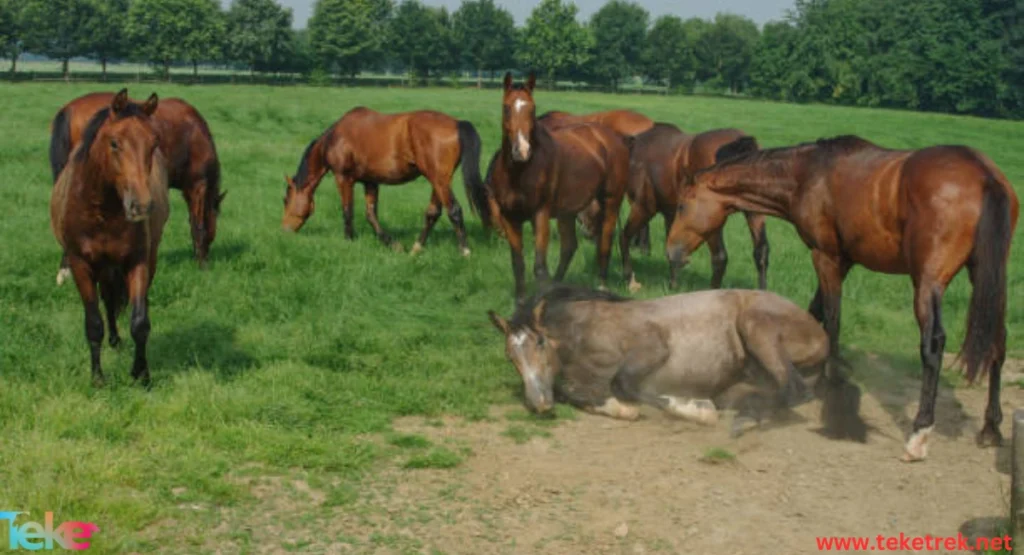
Diseases that cause miscarriage in horses
- Bacterial causes of abortion in horse: The entry of bacteria into the uterus during the mating season is a major factor in miscarriage due to inflammation of the uterine lining and placenta, and thus the placenta is affected and nutritional support for the fetus decreases, and immediate poisoning occurs leading to its death.
- The mare is affected by bacterial abortion, which affects the fertility of the uterus. These bacteria may cause the mare to become infertile due to the growth of fungi inside the uterus.
Signs of abortion in mares
There are some methods that can be used to diagnose abortion in horses. Symptoms must be observed and comprehensive veterinary examinations must be performed to determine the appropriate treatment. The method of diagnosing abortion in horses is as follows:
- Symptoms: High temperature up to 40 degrees Celsius, accompanied by loss of appetite, high temperature, tearing, general weakness, rapid breathing, swollen eyelids, and constipation.
- Veterinary examinations: Horse breeders must conduct veterinary examinations for the mare during pregnancy every month to ensure the fetus is healthy. The fetus may die and rot inside the mare’s uterus, and is gradually expelled in small pieces or turns into fluids and blood clots with a foul odor, or the fetus may die inside the mare’s abdomen, and it is difficult to expel it from the uterus, and thus the symptoms of childbirth appear on the pregnant mare due to the pain of childbirth and lower pains that resemble labor pain, so veterinary intervention must be done immediately before the mare dies or becomes infertile, so this veterinary examination is a major factor in maintaining the health of the pregnant mare.
Prevention of miscarriage: Health care during pregnancy
There is no doubt that prevention during the pregnancy of horses is much more important than treatment, because taking care of the health of the pregnant mare will result in the birth of a healthy foal free of diseases and deformities, so prevention methods are as follows:
- Proper nutrition must be provided in large quantities to the pregnant mare and the feed designated for her to nourish the fetus must be provided.
- The mare’s food must contain healthy salts and vitamins.
- Veterinary examination of the pregnant mare every month to ensure the health of the fetus.
- Monitoring the pregnant mare daily to detect any suspicious symptoms to treat them immediately.
Psychological and physical effects on the mother horse during miscarriage
The pregnant mare is negatively affected when her fetus dies and she is exposed to miscarriage, because motherhood is an instinct in all living beings, and losing the fetus is one of the most difficult feelings, so we can learn about the psychological and physical effects of the mother horse after miscarriage, which are as follows:
- Repeated miscarriage of the mother horse may expose her to a bad psychological state.
- The mother horse suffers from a state of tension and severe depression.
- She is also prone to frequent bouts of anger.
- The mother horse may stop eating after losing her fetus and suffer from severe anxiety and severe physical pain.
- These symptoms remain with the mother horse after losing her fetus for a whole year.
Equine abortion treatment
After a pregnant mare loses her fetus and inevitably miscarries, her breeder must provide her with all means of veterinary care and rehabilitate her again for pregnancy after her health and physical condition improves, where the following is implemented:
- The mare takes the treatment as prescribed by the veterinarian, with the exact cause of the miscarriage being determined to determine the appropriate treatment.
- The livelihood of the mother mare must be improved after losing her fetus by feeding her properly and taking care of the cleanliness of the place where she is, and providing her with the best medications and nutritional supplements to improve her health condition after the miscarriage.
- Do not allow an elderly mare or a mare that is not in good health to become pregnant at all so that she does not miscarry again.
- Give the mare the necessary vaccinations before and during pregnancy to prevent diseases such as equine herpes, which causes immediate miscarriage in horses.
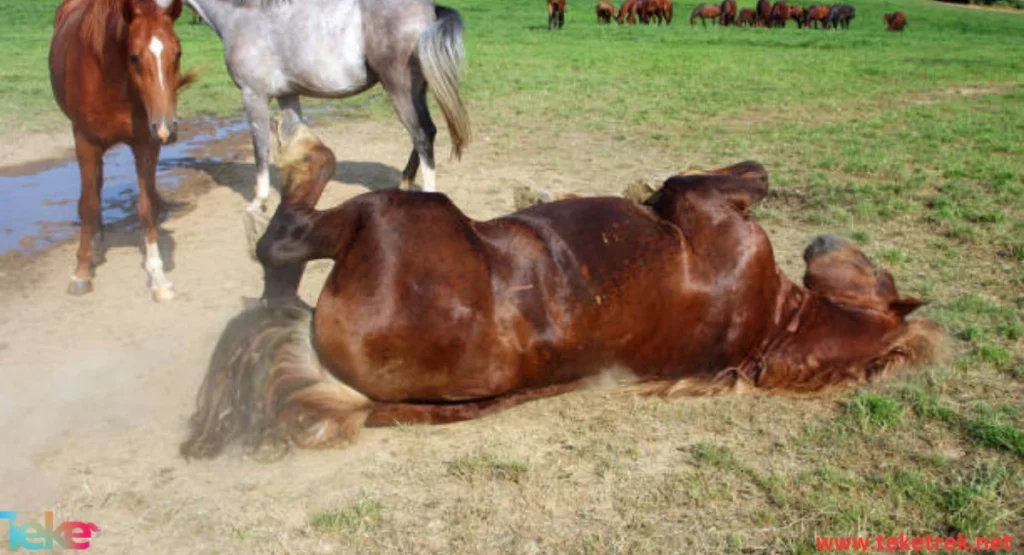
Causes of horse miscarriage FAQs
- What is the most common cause of abortion in horses?
Infection of the uterine lining with bacterial infections, especially streptococcus bacteria that cause infection.
- The mother horse is getting older.
Decrease in the level of hormones that stabilize pregnancy.
- What is the most common infectious cause of miscarriage in horses?
Infection with viral diseases such as (rhino-pneumonia virus and fever, equine arteritis virus fever, infection with equine infectious anemia, endometrial bacteria, and placental inflammation).
Conclusion
There is no doubt that prevention is one of the most important factors to maintain the health of the pregnant mare and protect the fetus from miscarriage. Horse breeders must implement some steps, which are as follows:
Provide the necessary healthy and balanced food for the mother horse, as the lack of feed, water and veterinary medicines will inevitably negatively affect the health of the fetus.
It is also preferable to isolate the pregnant mare in a special place for her to receive full care away from From other horses and to prevent the spread of any infection or viruses.
The pregnant mare should be given nutritional supplements loaded with calcium, protein, copper, iron, zinc and manganese on a daily basis as prescribed by the treating veterinarian.

